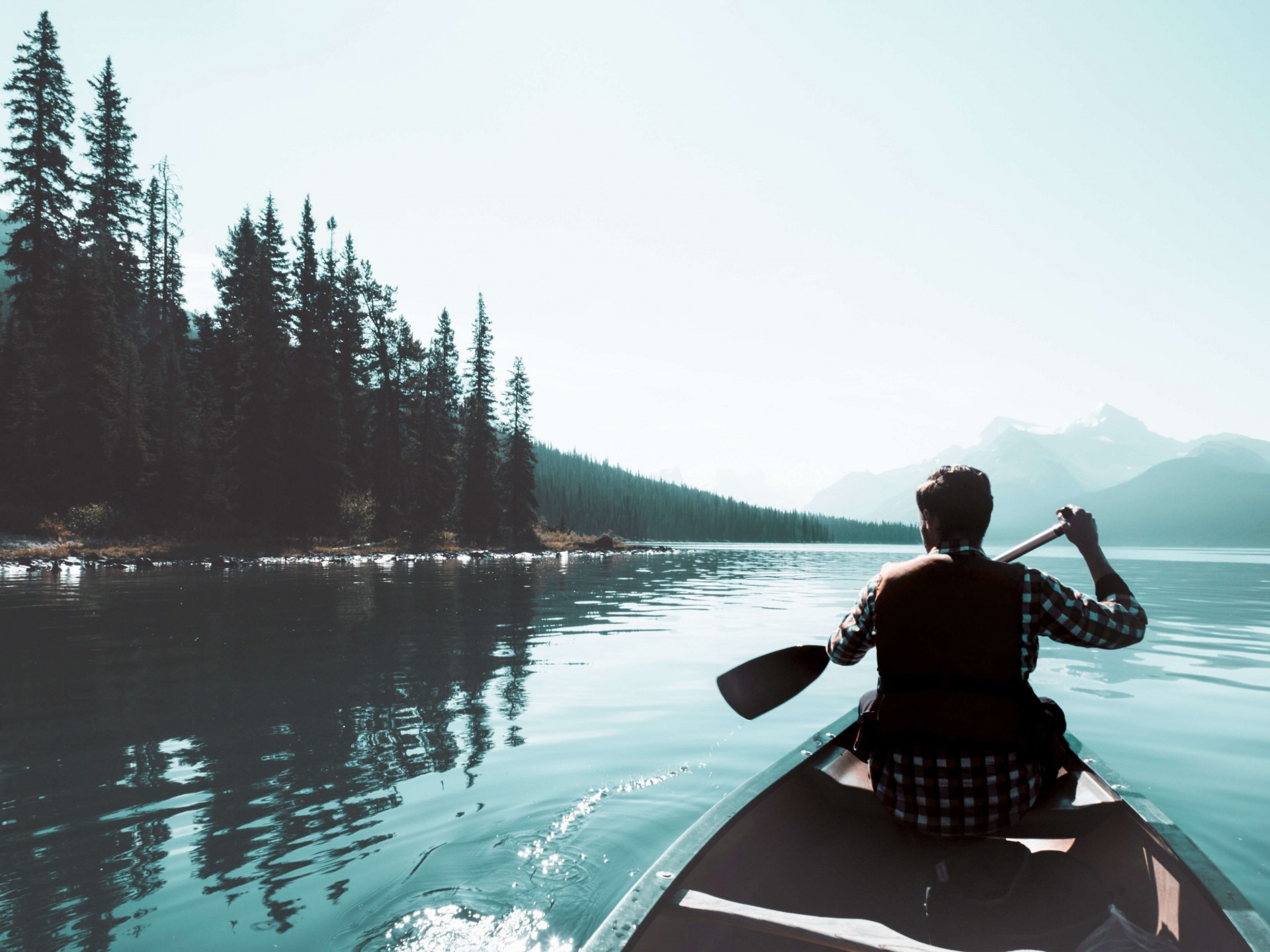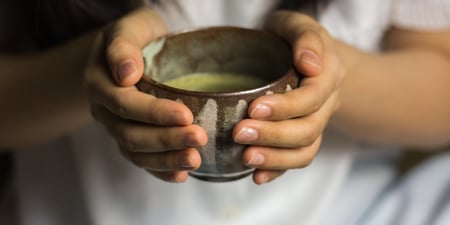Going Outside To Heal The Inside: Nature As A New Tool For Psychologists

For most of us, time spent outdoors and in nature is a simple and free remedy for our everyday ills.
Whether it’s walking a bush trail, jumping in the ocean, exploring a rainforest, camping under the stars or even just sitting in the garden – these activities all make us feel better in every sense - mentally, physically, emotionally and spiritually.
So more than ever before, we are craving the sun, the sky, the bush and open spaces as we seek ways to heal, to feel safe and to reconnect with our natural environment.
Nature as a healer
Using nature as a healer dates back thousands of years. You only have to look at the Aboriginals’ fundamental connection with Country to understand how important the natural environment is to our total wellbeing and balance.
There is now a growing body of scientific evidence about the positive health benefits of connecting with the natural world, particularly for mental health issues like depression, anxiety and post-traumatic stress disorder (PTSD).
A great example of healing in nature is Japanese forest bathing which began in the 1980s in response to a national health crisis. A study showed walking in the forest decreased levels of the stress-related hormone cortisol while ongoing research has shown it may help reduce stress, improve attention, boost immunity and lift mood.
Another study by the University of Michigan into the effective dose of an urban nature experience showed that just 20 minutes of contact with nature lowered stress hormone levels.

The psychology of the natural world
Some psychologists are now integrating nature experiences into their everyday practice as a therapeutic tool.
Nature-based transpersonal[1] clinical psychologist Cherie Levy, from northern NSW, worked in adventure-based therapy[2] for some years and now consults privately with clients. Common conditions she treats include depression, trauma, anxiety, relationship difficulties, grief, and of late, trauma from an event-related disaster.
The adventure therapy informs the way she works with clients, and with the increase in online-healthcare as a result of the pandemic, she often encourages her clients to find a private place in nature to do their sessions.
“I invite them to take their laptop out into nature somewhere as a way to balance the digital interface of our work,” Cherie explains.
“Nature reorients our perspective to something bigger than ourselves. I notice that being immersed in the natural world supports people to know that they exist within a context and that even in the midst of difficult emotions and processes, there are other things happening.
“For example, you might notice the sounds of birds and in that moment, they’re helping to reorient you back to that part of yourself that appreciates sound and beauty.
“Obviously this references mindfulness practices and using your five senses to bring yourself back to the present moment. We’re using the feeling of the grass on your feet, the sounds of the birds, the sensation of the sun on your skin to connect with how you feel in your sensory experience, a tool that’s particularly useful in moments of emotional intensity.”
In appropriate circumstances, sessions with Cherie may take place as a bushwalk or simply sitting by a river.
“By moving some of the dormant energy in the body with physical movement, we’re allowing emotional releases to flow more easily too. For some, it can be so much more supportive than sitting in a room,” she says.

The ancient tradition of a Vision Quest
The impact of nature is especially evident in another element of Cherie’s work – Vision Quests. A Vision Quest is an ancient, nature-based, fasting, solo ceremony that provides people with the opportunity to be still and listen to their inner voice, and to what nature has to “say” to them. The Vision Quest itself is four days/four nights and offered within an eight day program to ensure preparation and integration of the experience.
In Australia, Cherie is one of only a handful of Vision Quest facilitators who are also registered psychologists. People choosing to ‘quest’ are well adults (a thorough screening process is adopted to ensure the safety of participants) often embarking on the program to seek further direction and clarity for their lives.
“For those four days, the intention is to sit and be with yourself in nature. Questions to prompt deeper inquiry are offered in the preparation phase i.e. ‘what really matters to you?’ and ‘what’s standing in the way of that?’ And we invite them to sit with these questions during their time out there.”
“It’s self-empowering, self-healing and self-orienting with the support of nature,” says Cherie.
“In terms of results, often what we see is a reorientation to the basics of what’s important. Often, it’s also a really deep appreciation for the relationship with the natural world and how we need to be caring for the earth. Participants also realise it’s a way of also caring for themselves. It’s a realisation that caring for the ground feels very similar to caring for one’s own body and bones.”
An evaluation of the programs offered by another adventure based therapy organisation Adventure Works[3], found - supported by anecdotal, theoretical and experiential evidence[4] - that spending time in nature:
- promotes restoration of mind and body, and inspiration for change;
- supports recovery and healing of adverse experiences;
- improves concentration focus and attention; and
- increases cognitive function.
There are many groups around the world working on the same principles.
UK–based charity A Dose of Nature[5], for example, promotes the mental health benefits of engaging with nature and offers a 10-week “Dose of Nature” prescription to inspire lifestyle changes that will have a significant and lasting impact on mental wellbeing.
Cherie is a registered practitioner with SoulAdvisor who hopes to see nature-based psychology more widely accepted amongst mainstream practitioners.
* Transpersonal Psychology acknowledges the interface between the science of psychology with ancient wisdom traditions, thus bridging both evidence-based research with intuitive, creative, and consciousness-based approaches.
References
1. ABOUT TRANSPERSONAL PSYCHOLOGY. Soulscapes Psychology; 2022.
2. Home. Human NAu;
3. Home. Adventure Works; 2025.
4. A brief survey of the evidence. Adventure Works; 2025.
5. Home. Does of Nature; 2020.
6. Dose of Nature Prescriptions. Does of Nature; 2020.
Disclaimer: This Content has been developed from our generous global community and is intended for informational purposes only. This Content is not, nor is it intended to be, a substitute for professional medical advice, diagnosis, or treatment and should never be relied upon. Further, the personal views and experiences published are expressly those of the author, and do not represent the views or endorsement of SoulAdvisor through the act of publication on our site.













